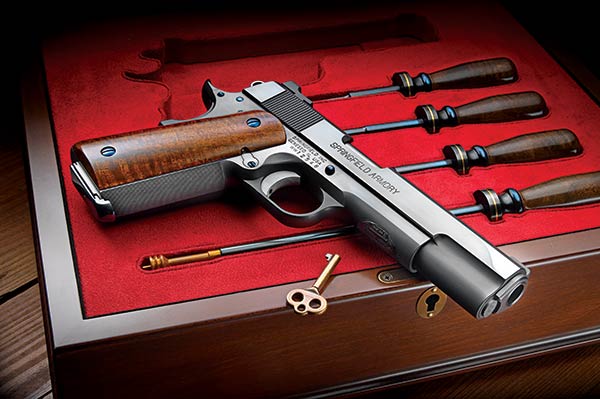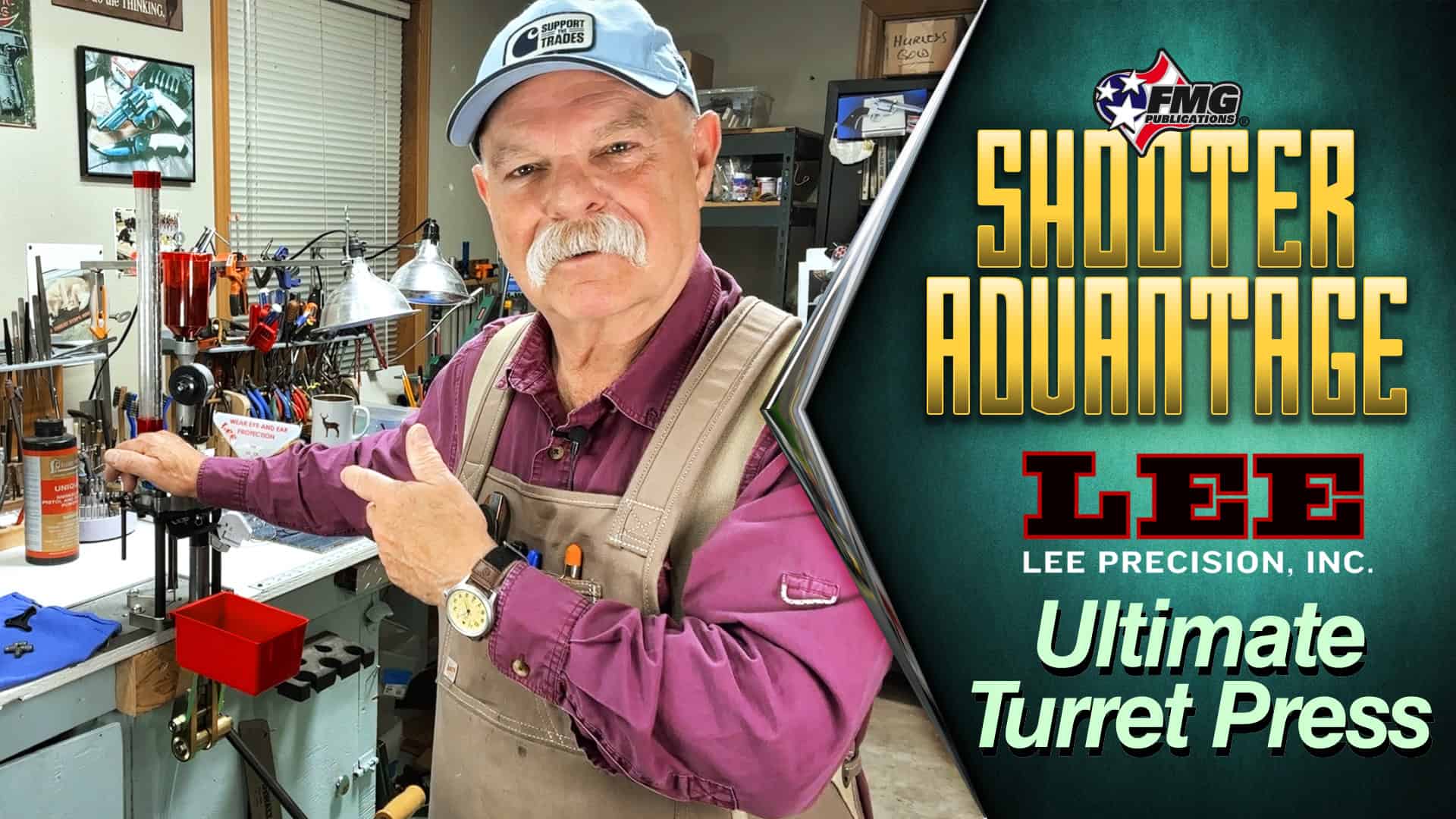Lessons Learned
It was originally suggested this column would address the sometimes contentious and often frustrating relationship between the gunsmith and his customers. It was to include insightful solutions to the industry’s problems, and scathing condemnations of reprehensible behavior from both sides of the bench. Okay, maybe that’s a little dramatic, but it was something like that.
I can’t solve every issue, but during two-thirds of my lifetime spent at the bench, and a little longer as a customer to the trade, I’ve been able to learn a few things. Much of my education on the business and customer relations side came from a previous career, but in many instances I can trace the lessons back to the interactions I’ve had with both customers — and my peers. I’ve found most of the difficulties we face are due to an imbalance in our expectations-to-reality ratio, and are repairable, if not avoidable.
Give And Take
As a customer, I’ve predictably learned to advocate for patience. Custom gun work isn’t easy or quick, and most of us have more business than we ever dreamed we’d have. That said, don’t be a doormat. Be careful to communicate thoroughly and effectively to get a good idea of what you might reasonably expect from the ’smith you’re working with. Remember, time estimates can shift a little, and you should take this in stride.
But huge delays and repeatedly blown time estimates are indicators of inefficiency at best, and poor customer service at worst. We’ve been conditioned to reject poor service in almost any industry except the custom gun field. Rudeness, gruff dispositions and communication failures seem to be the stuff legends are made of, and this won’t change unless people get called on it.
From the customer’s side of the bench, learn to be a little more flexible and trust the craftsman when he makes constructive suggestions. I’m usually pleasantly surprised by the outcome when I’ve done this as a customer.
From my side of the bench, I’ve learned one of the single most important things a ’smith can do is to be a harsh critic of every single movement, process, technique, or task in the shop, with an eye toward being more organized and efficient. We have only two things to sell — our time and our talent. Learning to save time means you get more work done, and focused experience only enriches our talent. It’s quite the win-win when you can get more work done, of a better quality, and improve your business and your life.
And while we’re organizing things, get a handle on your scheduling! Most of us absolutely hate this aspect of the job. We’re overly optimistic when projecting our lead times, and our customers are left frustrated when, predictably, we fall behind. Years ago, I changed from a “list” of jobs to an actual calendar on a big white-board. I can tell at a glance if I’ve over-scheduled for a month, and I know with a quick look what spaces I have available in the future.
Dealing In Dreams
We all have our gifts, the things satisfying our customers, our souls, and our bank accounts. As a businessman, you have to make tough choices, and some jobs are just losers. Too much time, not enough money, unreliable subcontractors, the list goes on — so pick your battles and narrow the field. Being more focused might sound a little boring, but it’ll help immensely with the whole “getting organized” thing.
I’ve learned the commission of one’s dream gun is a big deal for the customer. They should be made to understand it’s pretty darn important to you, too. It should be an exciting, fun experience for the customer, leaving them satisfied communications are accurate and complete and you’re as enthusiastic as they are to begin the project. One of my customers is a bona-fide billionaire, and it’s hard to describe how honored I feel to hear him so excited to be starting a new project.
I reached out to a few friends in the industry and asked for their best suggestions for both customers and professionals. They included Mark McCoy from Carolina Arms Group, John Ralston of 5-Shot Leather and Karl Beining from KGB Customs. Here’s some of their comments.
For the pros: “Get better at meeting your customers’ time expectations.” “Above all, be honest and direct, don’t tell the customer what you think he wants to hear, tell him the truth!” “Always ask a respected member of the trade for advice and guidance.”
For the customers: “Patience, Patience, Patience — great things are coming.” “Try and respect the time — you might have one gun in the shop, but I have a hundred customers. It’s shocking how fast hours disappear on the phone!”
Lastly, I’ve learned in life, I should be grounded, but not anchored. After five years here at Handgunner, I’m stepping aside to clear the way for someone new. It’s been an honor, and I thank you all. Now … back to work!





